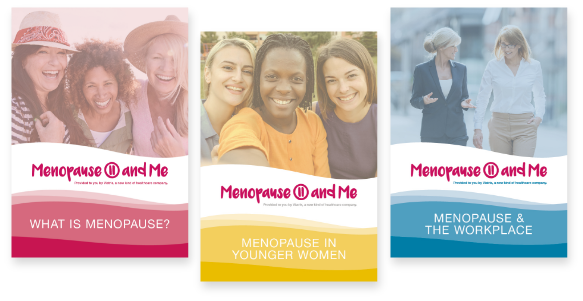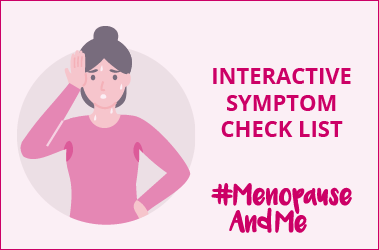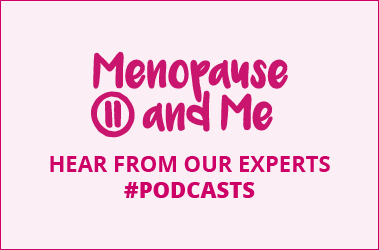|
|
Angina - chest pain that happens when not enough blood is getting to the heart Anxiety - a feeling of unease, such as worry or fear that can be mild or severe Atherosclerosis - a disease of the arteries characterised by deposits of fatty material Artery - any of the muscular-walled tubes by which blood is conveyed from the heart to all parts of the body |
|
|
Benign (of a tumour) - not malignant |
|
|
Cardiovascular disease (CVD) - a general term that describes a disease of the heart or blood vessels Cervix - neck of the womb Chemotherapy - cancer treatments that use chemical substances Cholesterol - a fatty substance in the blood Collagen - main structural protein in animal bodies Cognitive behavioural therapy - a form of therapy that works to solve current problems and change unhelpful thinking and behaviour Contraindication - in medicine, a contraindication is a condition or factor that serves as a reason to withhold a certain medical treatment due to the harm that it would cause the patient |
|
|
Depression - a common mental disorder that causes people to experience depressed mood, loss of interest or pleasure, feelings of guilt or low self worth, insomnia, disturbed sleep or appetite, low energy levels and poor concentration. Depression is different to just feeling down or sad |
|
|
Endometrium - the inner lining of the womb Endometriosis - a common condition where tissue that behaves like the lining of the womb (the endometrium) is found outside the womb |
|
|
Follicle Stimulating Hormone (FSH) - one of the hormones essential to puberty development and the function of women‘s ovaries and men‘s testes |
|
|
Hypertension - high blood pressure Hysterectomy - surgery to remove the uterus |
|
|
Menopause - when a woman stops having periods and is unable to get pregnant naturally Menstruation - a woman‘s period |
|
|
Oestrogen - one of the main female sex hormones, responsible for the development and regulation of the female reproductive system Oophorectomy - surgery to remove the ovaries, usually to treat or prevent ovarian cancer or other ovarian abnormalities Osteoporosis - condition in which bones become thinner, weaker and can break easily Ovarian Suppression or ablation - stopping the ovaries working temporarily or permanently using hormone treatment Ovary - a female reproductive organ in which eggs are produced Ovulation - release of egg from the ovaries |
|
|
Palpitations - heartbeats that suddenly become more noticeable. It may feel like your heart is beating too hard or too fast, skipping a beat or fluttering Pathological - caused by disease Peri-menopause - the transition before the menopause, when a woman's ovaries gradually produce less oestrogen Post-menopause - (after the menopause) when a woman hasn't had her period for more than a year Premature menopause - menopause that occurs at 40 or younger Progesterone - a hormone released by the ovary. It plays important roles in the menstrual cycle and in maintaining the early stages of pregnancy Psychological - related to the mental and emotional state of a person |
|
|
Stroke - is a serious and life-threatening medical condition that occurs when the blood supply to part of the brain is cut off |
|
|
Testosterone - a male sex hormone that is important for sexual and reproductive development. Women also produce testosterone, but at lower levels than men Thrombosis - the formation of a blood clot in a blood vessel, blocking the flow of blood Transdermal - delivered across the skin |
|
|
Urinary incontinence - the unintentional passing of urine Uterus - a woman’s womb |
|
|
Vaginal atrophy - thinning, drying and inflammation of the vagina Vasomotor symptoms - the medical term for symptoms such as hot flushes and night sweats Venous thromboembolism - when a blood clot breaks loose and travels in the blood |

Want to know more about the menopause?
Request a free copy of our guidebooks
WHAT IS MENOPAUSE?
MENOPAUSE IN YOUNGER WOMEN
MENOPAUSE & THE WORKPLACE
Request hereRecommended for you
Job Code: NON-2022-0121
Date of preparation: February 2022





